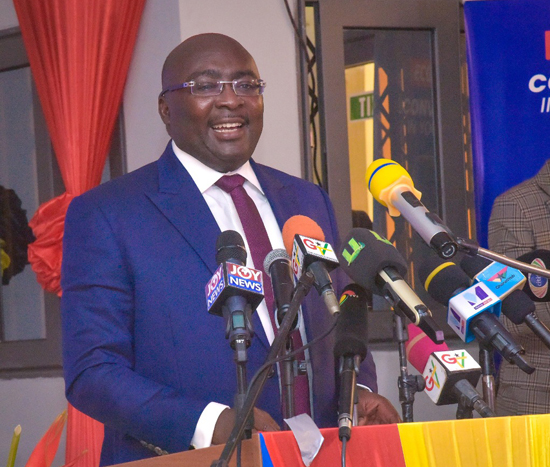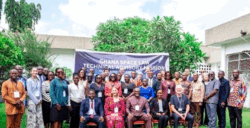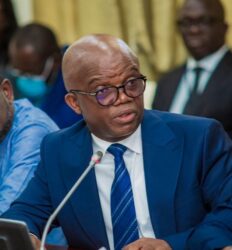Even as the Vice President, Dr. Mahamudu Bawumia has been pushing hard to digitise the economy, the digital divide in Africa, coupled with the fact that many people are excluded from online access through poverty and lack of coverage, makes it quite a daunting task.
Researchers have found that closing this divide cannot be achieved by cheaper technology alone. Using digital technology to access information and resources is only possible when a set of political, legal, and economic conditions are in place.
Ghana has historically been among the leading African countries in terms of telecommunications sector growth and policy. However, the locations where people live correlate closely with whether they use the Internet or not.
The higher urban Internet usage figures undoubtedly reflect better network coverage and service quality in those areas, as well as higher incomes and education levels among urban citizens.
The challenges facing Ghana’s access to internet are directly related to issues of usage and limited access. With a growing need for expansion in the tech sector, factors like high data costs, lack of access and resources is detrimental for entrepreneurs and educational institutions that specialize in digital technology.
Considering the fact that the average wage for Ghanaians is 8 cedi per day, which is comparable to US$1.67 US, making the current data costs an alarming price for users. With the rising costs of data and stagnant wages, most Internet users turn to mobile devices as a more affordable option, over laptops and desktop computers.
The average cost of a laptop is between 700 and 1500 cedis, and mobile phones ranging from 20 to 1,000 cedis. Communications Minister Ursula Owusu-Ekuful has said bridging Ghana’s wide digital divide is crucial to the country’s socio-economic development of the country.
The Ghana Investment Fund for Electronic Communications (GIFEC) is mandated by law to provide financial resources for the establishment of universal service and universal access to all communities, and to facilitate the provision of access to basic telephony, internet services, multimedia broadband and broadcasting services is playing an increasingly “critical role” in the digital transformation of rural settings.
The growth in teledensity in urban areas fueled by mobile technological uptake has resulted in a widening digital gap between rural and urban areas. The government would have to bridge this divide if its digital programme is to be beneficial.










